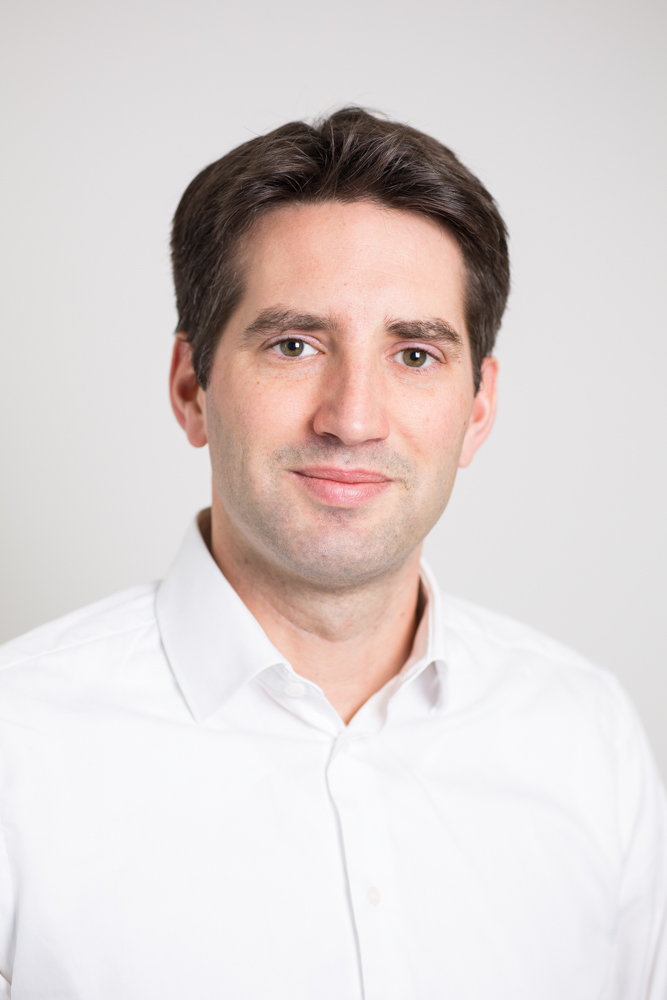Prof. Dr. Christian Hansen

Prof. Dr. Christian Hansen
.jpg)
Christian Hansen is a Full Professor for Virtual and Augmented Reality in the Department of Simulation and Graphics in the Faculty of Computer Science.
Christian was born and raised in Frankfurt (Main), where he attended High School (“Gymnasium”), specializing in technical subjects. When it came to choosing a university in 2000, he first looked at the rankings of Computer Science departments in an issue of the weekly magazine Der Spiegel from 1999 and saw that the No. 1 at the time, the University of Magdeburg, had a new degree program in Computational Visualistics. “The combination of computer science with visualization for medical applications was exactly what fit my interests”, he says of his ambitions at the time. One thing led to another, and he enrolled in that program, never looked back and finished it in 2006.
Interested in applied research, he then went to the Fraunhofer-Institute for Digital Medicine MEVIS in Bremen. Fraunhofer Institutes form a link between basic research of universities and the needs of industry in the form of products. The Fraunhofer Society has some 76 Institutes spread all over Germany with a handful abroad with some 32,000 scientists in total. He did his doctorate during this time at the private Jacobs University in Bremen, graduating in 2012.
Christian Hansen then came back to Magdeburg as a Junior Professor, where he joined the SIMULATE Research Campus funded by an annual grant of about 2 Mill. Euros from the German federal Ministry of Education and Research. The campus’ goal is to improve health care through innovative image-based methods. STIMULATE works together in particular with the offshoot Siemens Healthcare GmbH of one of Germany’s largest technology companies, Siemens AG.
Christian specializes in Virtual and Augmented Reality for planning and training for medical operations. He was promoted to Full Professor effective Sept. 1, 2024 – indeed, it’s not too late to congratulate him!
An example of the images he works with is shown below. It shows an augmented reality visualization developed by his team that can be used in the operating room to guide surgical instruments.
Christian hopes that the new BiBas will be just as excited about the university and its possibilities as he has been ever since he first set foot on Magdeburg almost a quarter of a century ago. Indeed, it is possible to include many courses from computational visualistics in the BiBa, for example his course on Virtual/Augmented Reality and Interactive Systems, or courses on computer graphics (generating images from geometric models), image processing (figuring out what a given picture contains), and information visualization (presenting text or numbers as pictures). Christian is convinced that computational visualistics is just as relevant and innovative a subject to study today as it was when he was an undergraduate. And who knows, maybe you’ll be in or come back to Magdeburg to stay for good, like it turned out for him. Certainly, coming to Magdeburg was a game-changer for him!